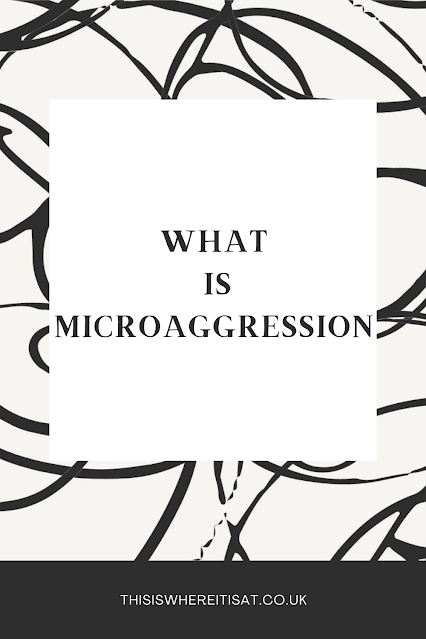In recent years, the concept of microaggressions has gained significant attention in discussions surrounding discrimination and social justice.
While these acts may seem insignificant individually, their cumulative effect can profoundly impact the mental and emotional well-being of those targeted.
In this blog post, we will explore microaggressions, their different forms, and their broader implications for society.
Defining Microaggressions.
Microaggressions manifest in various forms and can target race, gender, sexual orientation, religion, disability, and other identities.
They can occur in interpersonal interactions, institutional settings, and even through the media.
What distinguishes microaggressions from overt acts of discrimination is their subtle and often unconscious nature, making them challenging to recognise and address.
Types of Microaggressions.
Microaggressions can be categorised into three main types: micro assaults, microinsults, and microinvalidations.
1. Micro assaults.
These are explicit acts intended to harm or offend someone based on their identity.
They can include racial slurs, homophobic remarks, or sexist jokes.
While more blatant, micro assaults still operate on a smaller scale compared to overt acts of violence or discrimination.
2. Microinsults.
Microinsults are subtle comments or actions that convey rudeness, insensitivity, or demeaning attitudes toward a person's identity.
An example might be asking people of colour where they are "really" from, implying they are not truly English.
These remarks undermine the individual's sense of belonging and perpetuate stereotypes.
3. Micro validations.
Micro validations dismiss or negate marginalised individuals' experiences, feelings, or identities.
This can include statements like "I don't see colour" or "You're too sensitive."
By invalidating a person's reality, microinvalidations deny the impact of systemic oppression and undermine efforts toward equality.
The Impact of Microaggressions.
While seemingly minor, microaggressions have significant repercussions for those who experience them.
They create a hostile and unwelcoming environment, eroding trust and psychological well-being.
Over time, the cumulative effect of microaggressions can lead to increased stress, anxiety, depression, and feelings of alienation.
Moreover, microaggressions reinforce existing power dynamics and perpetuate systemic inequality.
By perpetuating stereotypes and marginalising certain groups, they contribute to a culture of discrimination and exclusion.
This affects individuals on a personal level and has broader societal implications, hindering progress towards a more equitable and inclusive society.
Addressing Microaggressions.
Recognising and addressing microaggressions is crucial for creating a more inclusive and respectful environment.
This requires both individual and institutional efforts.
1. Raise Awareness.
Educating people about microaggressions and their harmful effects is the first step toward addressing them.
Encouraging open dialogue and providing training on unconscious bias can increase Awareness and sensitivity to these issues.
2. Challenge Biases.
Individuals must be willing to examine their own biases and assumptions.
This means actively challenging stereotypes and prejudices and being mindful of the language and actions used towards others.
3. Create Inclusive Spaces.
Institutions and organisations have a responsibility to create environments that are inclusive and welcoming to all.
This may involve implementing diversity and inclusion policies, providing cultural competency training, and fostering a culture of respect and acceptance.
4. Listen and Validate.
When someone experiences a microaggression, listening to their concerns and validating their experiences is essential.
Belittling or dismissing their feelings only perpetuates the harm caused by microaggressions.
5. Hold Accountable.
Individuals who perpetrate microaggressions must be held accountable for their actions.
This may involve addressing the behaviour directly, providing education and resources for change, and implementing consequences for repeat offenders.
Microaggressions may be subtle, but their impact is far-reaching.
By undermining the dignity and worth of marginalised individuals, they perpetuate inequality and contribute to a culture of discrimination.
Recognising and addressing microaggressions is essential for creating a more inclusive and equitable society where all individuals can thrive.
Through education, Awareness, and concerted action, we can work toward a future free from the harmful effects of microaggressions.
Cheers for reading x









No comments